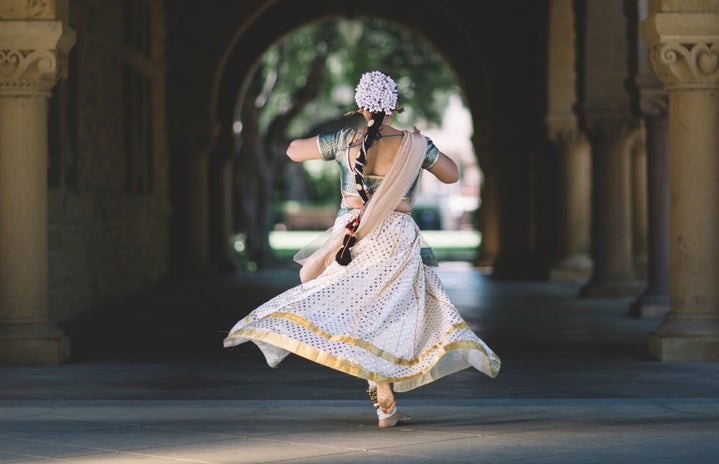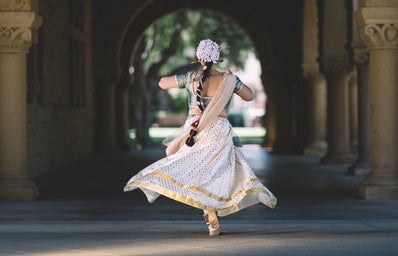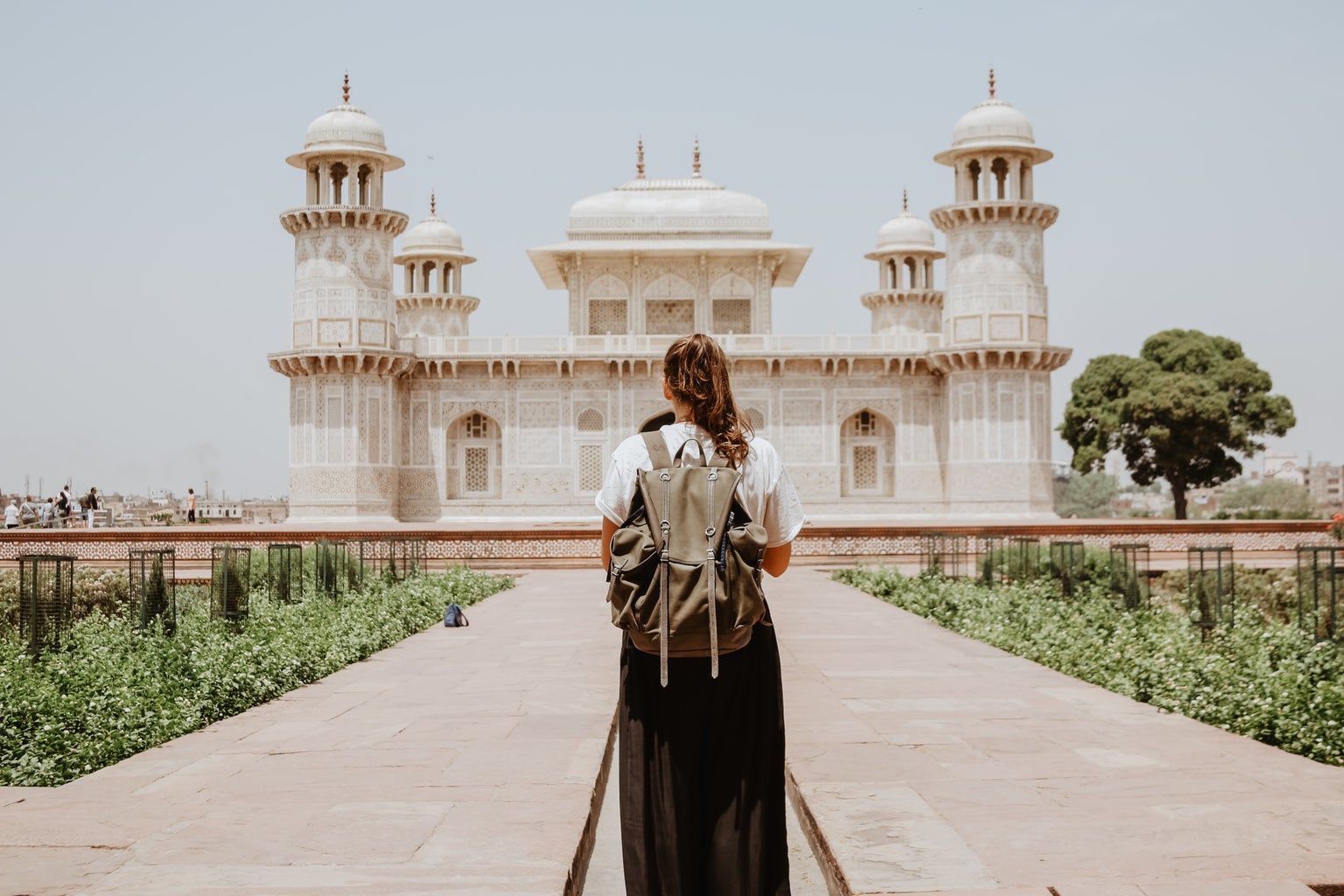A Spiritual Journey: Janmashtami at ISKCON Temple, Greater Kailash, Delhi, India
Janmashtami, the auspicious celebration of Lord Krishna’s birth, is a festival that resonates with devotion, joy, and spiritual fervour across India. This year, I had the profound opportunity to participate in the Janmashtami celebrations at the ISKCON Temple in Greater Kailash, Delhi. The experience was deeply moving, as it allowed me to engage in both the Aarti Seva and Abhishekh Seva, two significant rituals that embody the essence of devotion and surrender to the divine.
The ISKCON Temple, also known as the Sri Sri Radha Parthasarathi Mandir, is a spiritual oasis in the bustling city of Delhi. Established in 1998, it has become a centre for spiritual learning, devotion, and community activities, attracting devotees from all over the world. The temple is dedicated to Lord Krishna and Radha, and its architecture reflects the grandeur of traditional Indian temples, with intricate carvings, stunning murals, and a serene atmosphere that invites contemplation and worship. Janmashtami, celebrating the birth of Lord Krishna, is one of the most significant festivals at the ISKCON temple, drawing thousands of devotees who come to offer their prayers and participate in the various rituals that mark this sacred occasion.
Aarti Seva and Abhishekh Seva are two central components of the Janmashtami celebrations. The Aarti Seva involves offering lighted lamps to the deities, accompanied by the singing of devotional songs and the chanting of mantras. This ritual symbolizes the removal of darkness and ignorance and the invocation of divine blessings. Participating in the Aarti Seva was a deeply spiritual experience, as the rhythmic chants and the flickering lamps created an atmosphere of divine presence and connection. The Abhishekh Seva, on the other hand, involves the ceremonial bathing of the deities with sacred substances such as milk, honey, yoghurt, and ghee. This ritual, performed with great reverence, signifies the purification of the soul and the offering of oneself to the divine. Being part of this seva allowed me to engage in a time-honoured tradition that has been performed by devotees for centuries, creating a sense of continuity and connection with the past. The history and significance of these rituals date back to ancient times when such offerings were made to honour the divine and seek blessings for prosperity, health, and spiritual growth.
Lord Krishna, considered the eighth incarnation of Lord Vishnu, is revered for his teachings in the Bhagavad Gita, his playful leelas, and his role as the divine protector. Janmashtami celebrates his birth, which is believed to have taken place at midnight on the eighth day of the dark fortnight in the month of Bhadrapada. The festival is marked by fasting, singing, dancing, and the enactment of episodes from Krishna’s life, culminating in the midnight celebration of his birth.
Participating in the Janmashtami celebrations at the ISKCON Temple was an experience that transcended the ritualistic aspects of worship. It was a journey into the heart of devotion, where every gesture, every chant, and every offering felt like a step closer to the divine. The atmosphere in the temple was electrifying, with the energy of the devotees creating a collective sense of joy and reverence. The experience of performing Aarti Seva and Abhishekh Seva was not just an act of worship but a profound expression of love and surrender to Lord Krishna.
As I left the temple that night, the sound of the temple bells and the echoes of the devotional songs lingered in my mind, reminding me of the timeless bond between the divine and the devotee. Janmashtami at the ISKCON Temple in Greater Kailash was not just a celebration of Lord Krishna’s birth; it was a celebration of faith, devotion, and the eternal quest for spiritual fulfilment.



